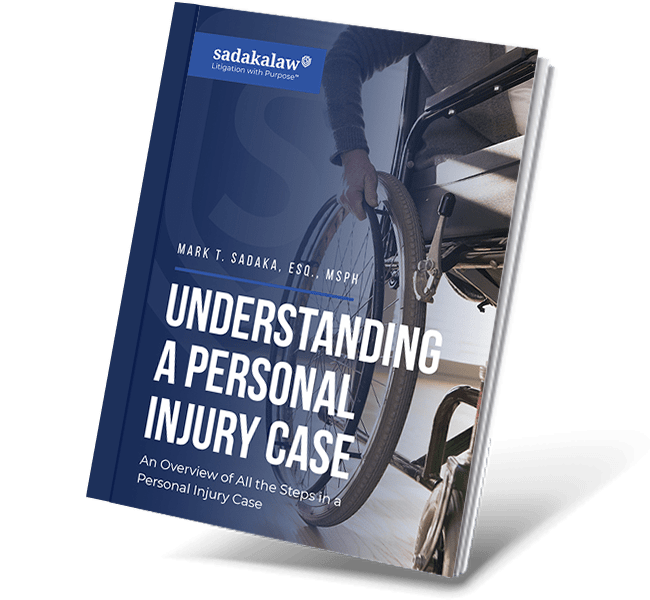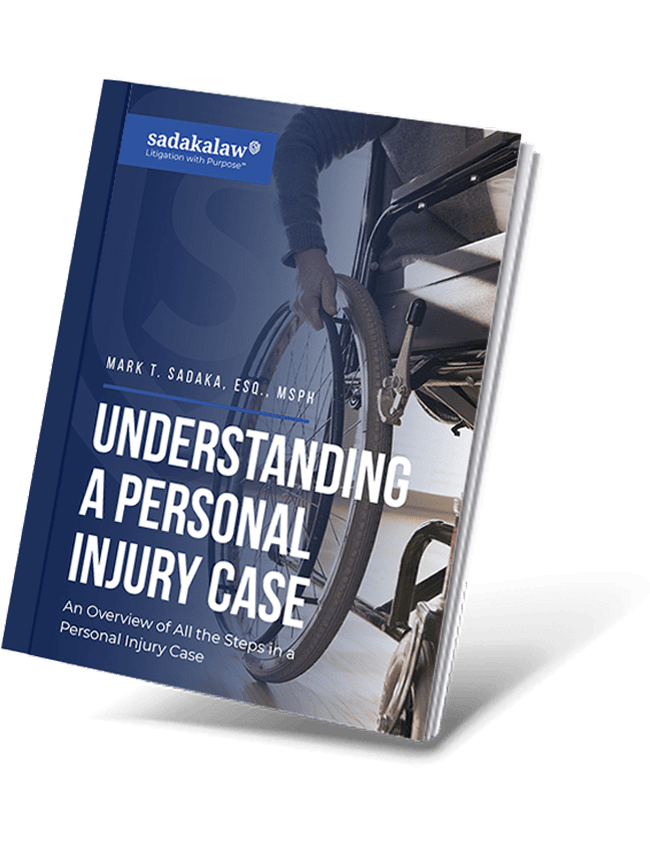
If you have suffered a physical injury or illness because of some other party’s negligence, you may be entitled to compensation. While this money may help you pay bills, cover medical expenses and otherwise make ends meet financially, your settlement could be subject to income taxes. Let’s look at what the law has to say about how personal injury settlements are taxed.
Personal Injury Awards Generally Aren’t Taxed
Let’s say that you won $100,000 from the person who hit you with their vehicle while you walking to work. Generally speaking, that money is tax-free at both the state and federal level because it is compensation for a physical injury that you suffered. The same would be true if you were to become ill as the result of an accident.
Exceptions to the Rule
There are three major exceptions that you should be aware of when it comes to taxing your personal injury settlement. First, you will likely have to pay tax on any interest that is awarded as part of the settlement. Interest is added to the award to compensate you for any delay between the time a judgement was entered in your favor and the time it was actually paid out. A delay in payment often occurs because the defendant chooses to appeal the original decision.
The second exception relates to the type of damages that you receive. While actual damages are exempt from state and federal taxes, punitive damages are often subject to taxation. Your attorney will likely ask a judge to specify which part of the judgment is for actual as opposed to punitive damages to make filing and paying taxes easier.
Finally, if a physical injury or illness occurs because of a breach of contract, the settlement is likely going to be considered income. This is because the claim itself will be considered for breach of contract as opposed to personal injury.
Emotional or Mental Distress Awards Are Taxable
You will be responsible for paying income tax on any part of a personal injury settlement that is designated for emotional or mental distress caused by an accident. For instance, you may receive compensation for recurring nightmares related to the accident or for counseling to help with the trauma.
Lost Wages and Future Earnings are Generally Taxable
If you are unable to return to work after an accident, a portion of your award may be designated as lost wages or lost future earnings. Lost wages are subject to tax just as they would had you not been injured and out of work. However, if you receive workers’ compensation or other disability benefits, those amounts are often not taxed.
The Timing of the Suit Doesn’t Alter the Tax Consequences
It is important to note that the timing of your settlement has little or no bearing on whether some or all of your award is taxable. For instance, it doesn’t matter if you file a lawsuit before settling out of court or accept a settlement immediately after the accident. Instead, taxing agencies will be more concerned as to how the settlement is structured.


